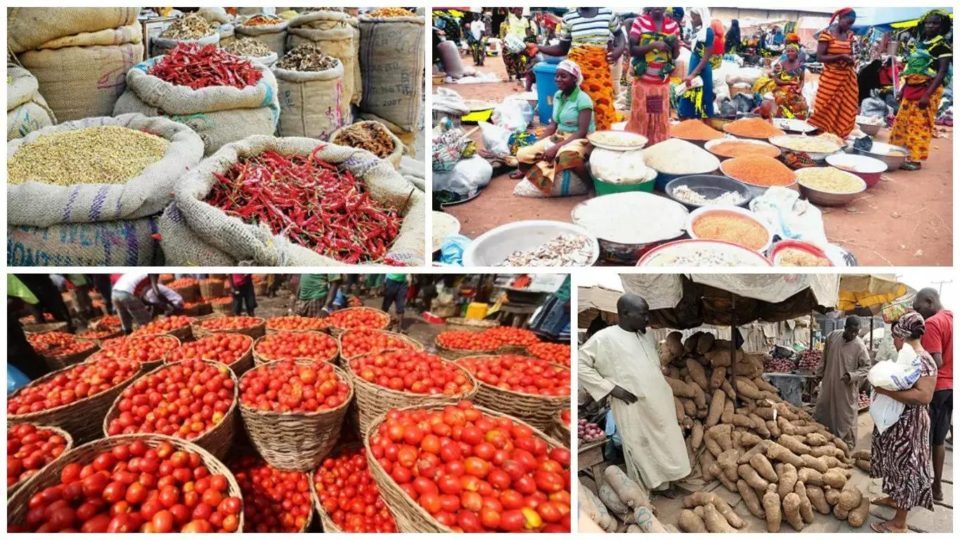Accountants proffer solutions for business recovery

Accounting professionals have charted paths on how to assist companies increase their chances of survival.
Amid the COVID-19 pandemic, accounting professionals have charted paths on how to assist companies to increase their chances of survival and return on the path of steady growth.
They highlighted some areas businesses could dwell on to help them respond, recover, and thrive, especially as the COVID-19 caught many companies and industries unprepared, leaving the majority of them as the worst hit.
The professionals spoke during a webinar organised by the global accounting body, Association of Chartered Certified Accountants (ACCA), during the launch of a report themed, “COVID-19: The Road to Recovery.”
Head, Business Process Solutions, Deloitte Ghana, Kwabena Situ, who spoke on what companies could do when planning the path to recovery, said organisations needed to look at areas of liquidity forecasting.
He said it was important to review clients’ cash flow for the next three months since companies were identifying what mitigation action could be taken to preserve cash in short and medium-term.
He said the pandemic made clients consider the need to review their lending documents as the majority have now understood the terms.
Situ, who shared how his organisation had survived and kept their clients during the pandemic, said they were constantly communicating more with key stakeholders including lenders and investors to retain their confidence and support.
He said it was also important for companies to seek out additional sources of capital, keep their plans and various options constantly under review, work with a flexible plan and advised on how companies could encourage clients to find alternative supplies to meet up the demands.
He said: “The outlook of the impact of COVID-19 is uncertain, therefore, they must work with a short to medium-term plan.
“Most businesses did not have their business continuity plan and even if they had, it had never been tested. We did a quick review of the business continuity plan to see if it could stand the test of time while looking at the likely impact of the COVID-19. Our clients were excited about this. The government rolled out interventions and tax relief and Deloitte organised free webinars and published articles on them. We helped our clients to take advantage of the tax incentives and reliefs.”
On the impact in Nigeria, Tax Leader, West Africa at PwC, Taiwo Oyedele, shared how innovation around transportation companies who were most hit, tried to adapt by switching to logistics
Oyedele, who is also ACCA Global Council member, noted that as much as the world is physically distancing, it was getting more technologically connected.
Noting that the role of professional accountants is to guide their organisations, he said: “They must properly identify their needs and get the right investment in technology at the right time and must be agile. They must adapt to stay on top of their game. Accountants must find a way to help their organisations to preserve their competitive advantage.”
On what the government can do, Chief Executive Officer, Nigeria Economic Summit Group (NESG), ‘Laoye Jaiyeola, said this is dependent on how much resources are available.
He maintained that a lot of the workforce is in the informal economy and depends on day-to-day work, adding that data was a challenge.
He said the approach in Nigeria was beyond government, as “it is a collaborative approach. There is a huge gap between our expected revenue and expenditure and so there’s a limit to what the government can do. The government can give waivers.”
Earlier in his remark, ACCA Director, Africa, Jamil Ampomah, said the Road to Recovery Report outlined three stages in a framework, which provided a recovery roadmap; to explore the priority for recovery with the focus on the hard-hit industries, the role of digital, the technological aspect of doing business, how accounting firms will play a key role, government interventions and the future of work and employability.
Author of the report and Global Head of Business, ACCA, Jamie Lyon, who presented the publication, explained how organisations globally are responding to the COVID-19 crisis, and what ACCA’s recommendations are for charting a path to recovery.
The report maintained that the long term financial impact of COVID-19 seemed to be growing increasingly clear, as leading indicators suggest that the global economy was entering into a deep recession, yet remained impossible to understand the true long term consequences.
The roadmap suggested a number of practical steps in three phases that organisations could take as they chart a path to recovery and build resilience for the future.
The roadmap emphasized on 3As – Act, Analyse, and Anticipate.
It explained that the Act focused on the short term horizon, and the initial few weeks of response to the crisis. It said this stage was critical to ensure the current situation was managed properly, continuity plans are brought into place and the wellbeing of employees is protected.
On Analyse, it explained that the shift to the medium-term horizon reflected the focus on starting to build the path to recovery.
At this stage, the report maintained that the organisation starts to resume its business operations, planned in manageable phases.
In the Anticipate phase, the report said the longer-term horizon is focused on innovation and understanding how organisations must evolve in the face of the pandemic. Here, the business model and strategies may evolve.
The webinar saw over 1,000 participants across markets, including African nationals outside of the continent like Nigeria, Ghana, Canada, the UK, and the US among others







